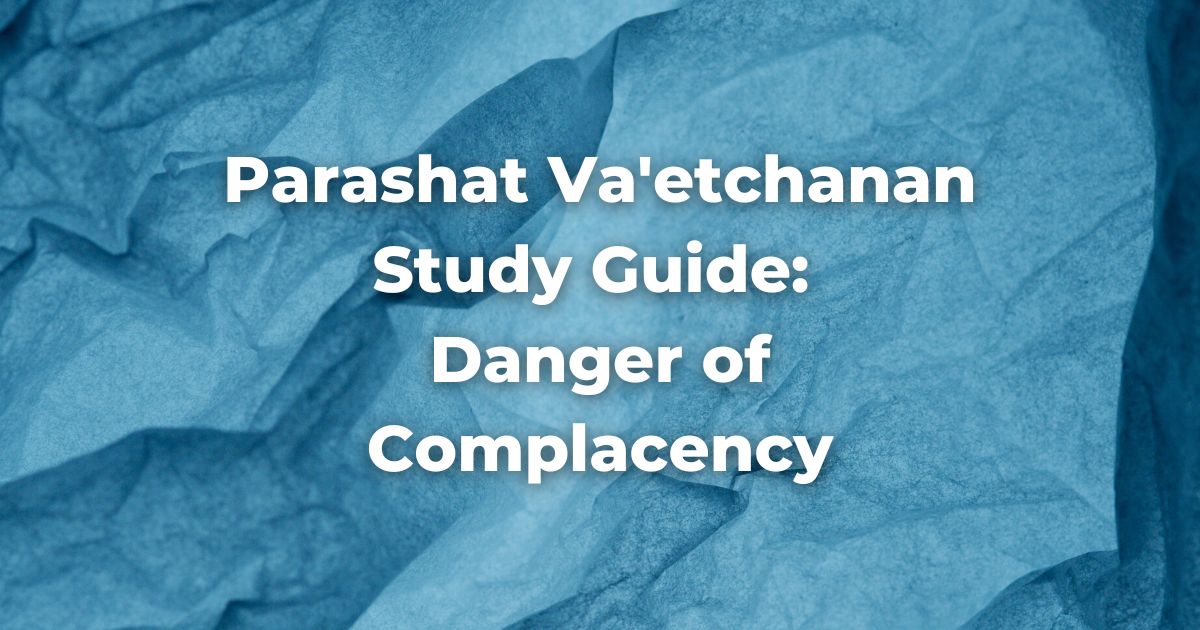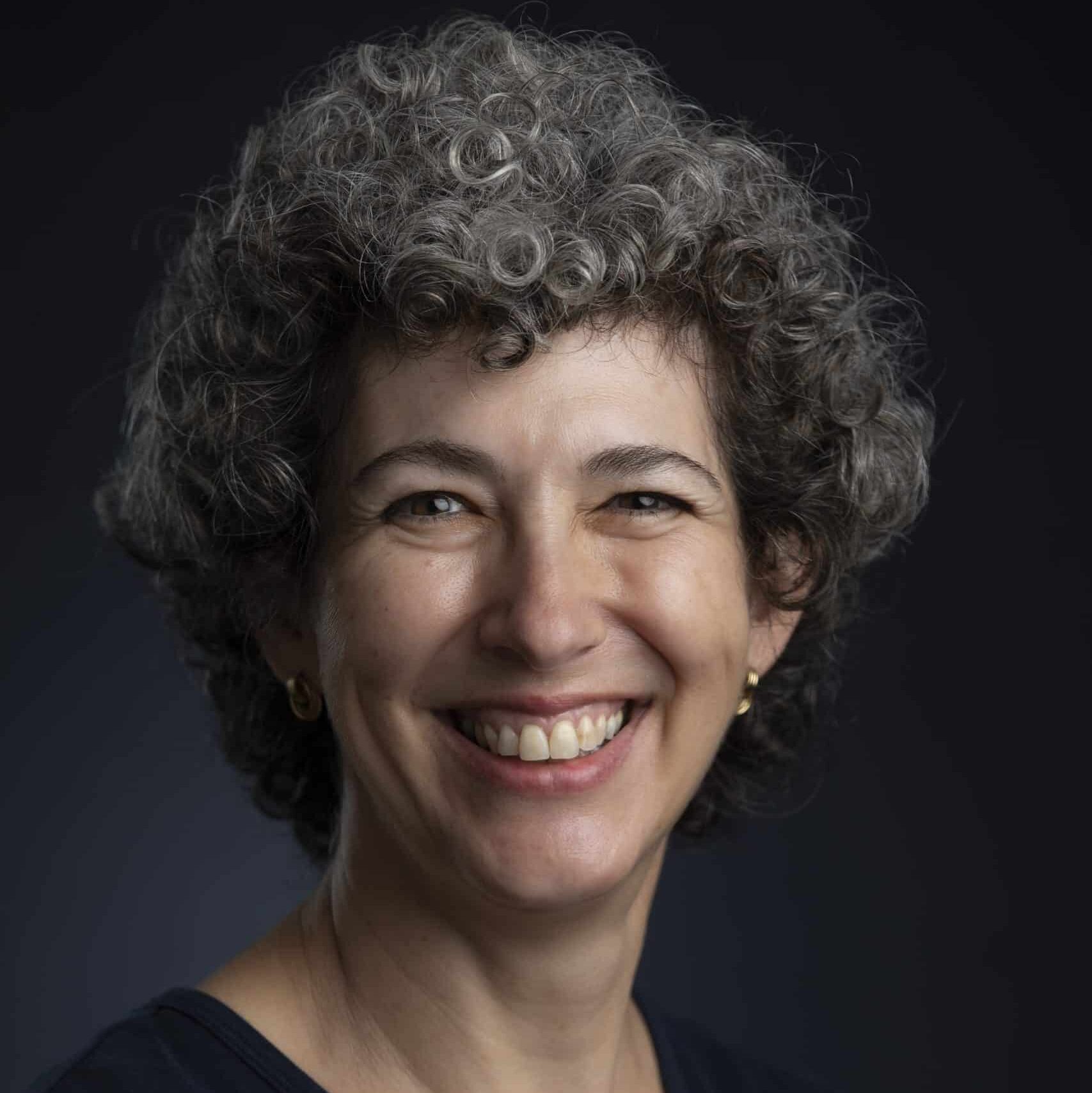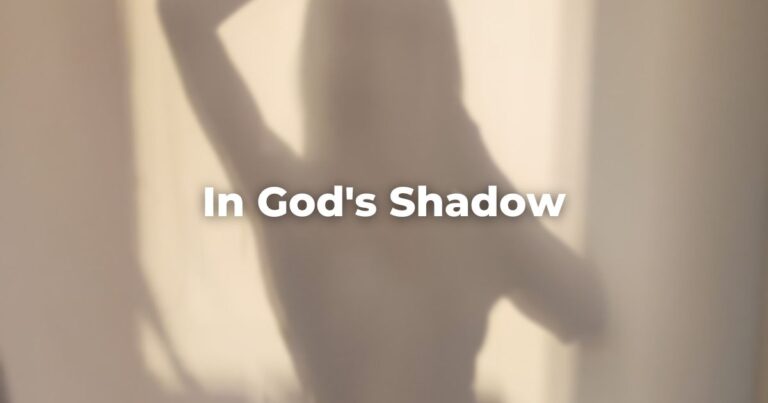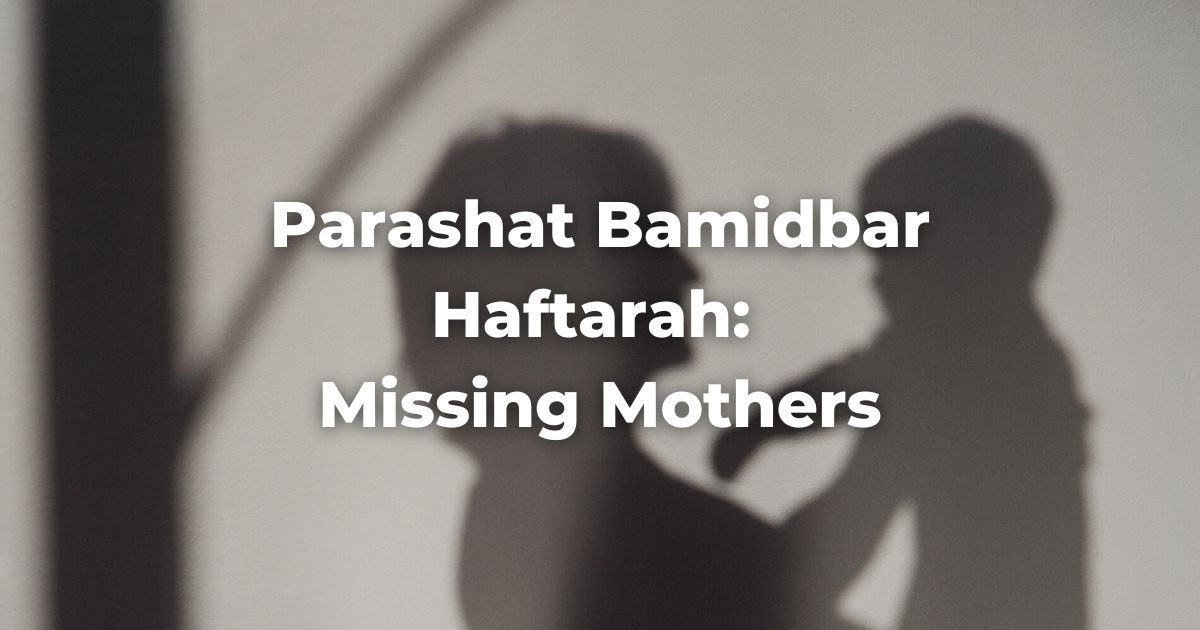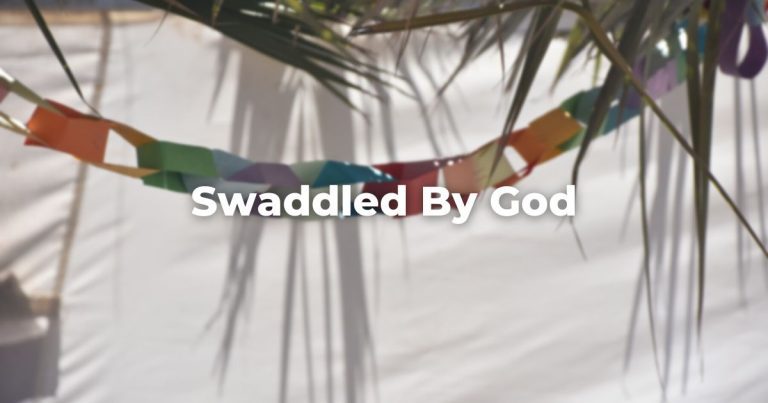Text: Dvarim 4:25-29
25 When you beget children and children’s children and have remained long in the land, and act corruptly, and make an idol in the form of anything, and do that which is evil in the sight of the LORD your God to anger him, 26 I call heaven and earth to witness against you today, that you will surely perish quickly from the land where you are going over the Jordan to possess it. You shall not live long on it, but will be utterly destroyed. 27 The LORD will scatter you among the peoples, and you will be left few in number among the nations where the LORD drives you. 28 There you will serve gods, the work of man’s hands, wood and stone, which neither see nor hear nor eat nor smell. 29 But from there you will seek the LORD your God, and you will find Him if you search for Him with all your heart and all your soul.
- When are we at risk of acting corruptly? How does this corruption manifest itself? Why do you think that when people are in this situation they are more easily drawn to turning away from God?
- What is the penalty for our negative behavior? This is the opening of the Torah reading for the morning of Tisha beAv. Why? What might it tell us about how Tisha beAv should be understood?
Commentary: R. Samson Raphael Hirsch on Dvarim 4:25
After the nation will live in its land for two or three generations, they will view themselves as born inhabitants of the land. They will not remember the time when they did not have a home and a land of their own and will forget their origins and the One that gave them the land and sustains and supports them in it.
To avoid the danger of growing-old, the LORD commanded us “remember the day you left Egypt every day of your life” (Deut. 16:3). With this mitzvah God weaved the redemption from Egypt into our daily consciousness so that we will always think of it anew…
There is nothing more damaging to our relationship with God, both as individuals and as a nation, than “remaining long/turning old in the land that is promised to us.” Meaning, that the youthful enthusiasm that we had initially, which arose from our understanding that we belong to God, turns into self-satisfaction and complacency.
- What is the danger that Hirsch identifies in living securely? How does he suggest that the TorahRefers to the first five books of the Hebrew Bible, the Tanakh, also called the Five Books of Moses, Pentateuch or the Hebrew equivalent, Humash. This is also called the Written Torah. The term may also refer to teachings that expound on Jewish tradition. Read more attempted to combat that danger?
- According to Hirsch this danger applies to our individual and national relationship with God. Where might that danger lurk today? What can be done about it?
See more: Parashat Va’etchanan
Originally posted as part of the Conservative Yeshiva at the Fuchsberg Jerusalem Center’s Torah Sparks. Support Torah learning from the Fuchsberg Jerusalem Center/Conservative Yeshiva for leaders and seekers around the world here.
Authors
-

Vered Hollander-Goldfarb teaches Tanach and Medieval Commentators at the Conservative Yeshiva and is a regular contributor to Torah Sparks, FJC’s weekly message on the weekly Torah portion. She received her M.A. in Judaic Studies and Tanach from the Bernard Revel Graduate School of Yeshiva University and studied at Bar-Ilan University and the Jewish Theological Seminary. Before making aliyah, Vered taught at Ramaz School and Stern College in New York.
View all posts -



The Fuchsberg Jerusalem Center (FJC) is a home in the heart of Jerusalem where leaders and seekers can find an authentic place in Jewish tradition to call their own. FJC offers opportunities to study, pray and explore within an egalitarian and inclusive setting, creating multiple pathways for finding personal and communal meaning.
View all posts

